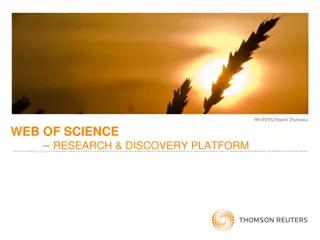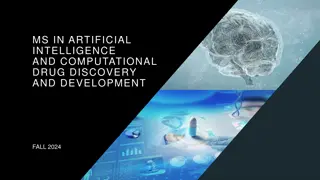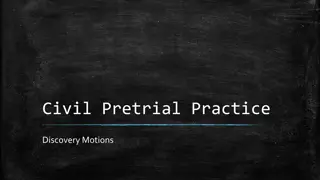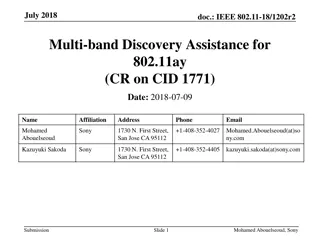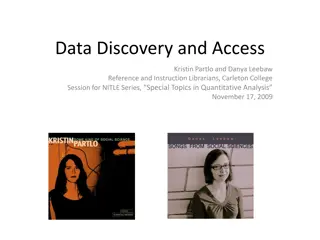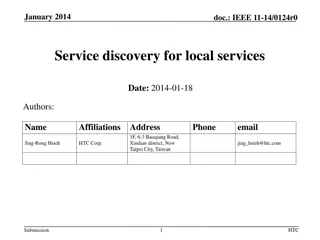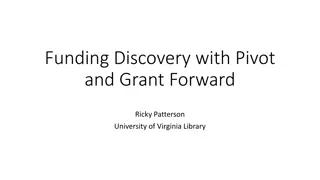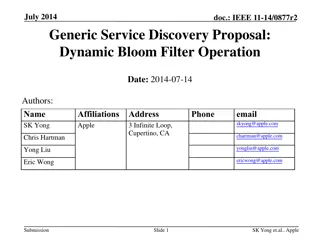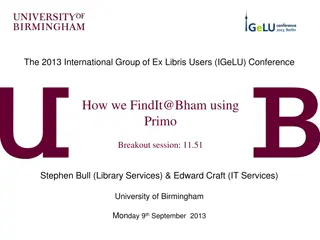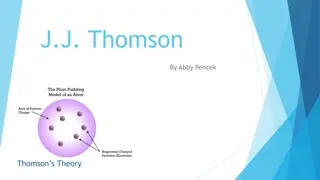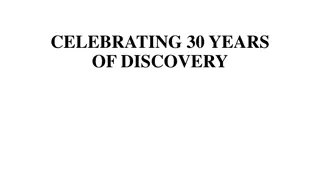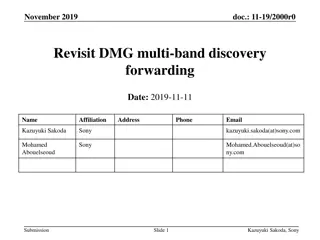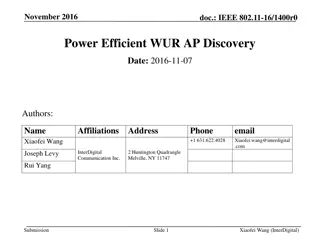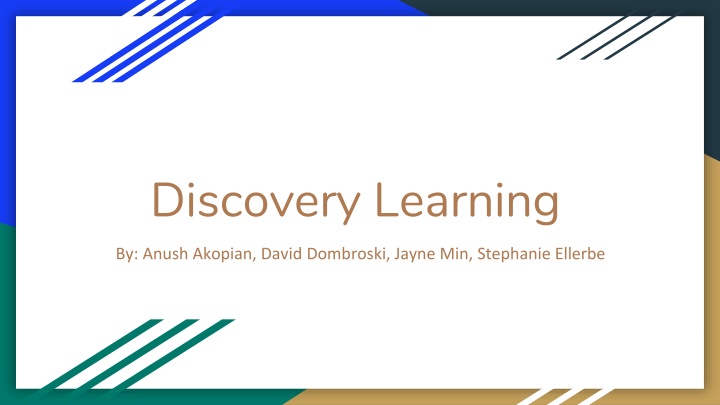
Exploring Discovery Learning: Theory, Strategies, Pros, and Cons
Dive into the world of discovery learning, an inquiry-based approach where students utilize their past experiences to uncover new concepts. Understand the strategies, advantages, and challenges associated with this hands-on learning method, including how it fosters deeper understanding and enhances student motivation.
Download Presentation

Please find below an Image/Link to download the presentation.
The content on the website is provided AS IS for your information and personal use only. It may not be sold, licensed, or shared on other websites without obtaining consent from the author. If you encounter any issues during the download, it is possible that the publisher has removed the file from their server.
You are allowed to download the files provided on this website for personal or commercial use, subject to the condition that they are used lawfully. All files are the property of their respective owners.
The content on the website is provided AS IS for your information and personal use only. It may not be sold, licensed, or shared on other websites without obtaining consent from the author.
E N D
Presentation Transcript
Discovery Learning By: Anush Akopian, David Dombroski, Jayne Min, Stephanie Ellerbe
What is discovery learning? Discovery learning is an inquiry-based, learning theory in which the students depend on their past experiences and current knowledge to discover facts and relationships about new concepts. Students look for solutions by exploring and manipulating objects, grappling with questions and performing experiments. As a result of this hands-on approach to learning, students are more likely to internalize concepts with deeper understanding. Models that are based upon discovery learning model include: guided discovery, problem-based learning simulation-based learning, case-based learning, etc
Jayne Pros and Cons of Discovery Learning Why steer away from it? Why choose Discovery Learning? Students who are presented with problems without foundational knowledge may not have the ability to work through solutions. In fact, any learning taking place may have errors, misconceptions, or be confusing/frustrating to the learner. Students are left to self-discover the topics. Discovery learning promotes student exploration and collaboration with teachers and peers to solve problems. Children are also able to direct their own inquiry and be actively involved in the learning process which helps with student motivation.
Stephanie Ellerbe Conclusion When used appropriately discovery learning allows students to take an active role in their learning. Students are actively applying their problem solving skills to make connections and solutions using past experiences or prior knowledge. This constructivist theory is based on the idea that by completing inquiry- based projects or assignments will help the students form a deeper understanding of the concepts being taught. - Student engagement -Motivation - Develops creativity and problem-solving skills - collaboration/independence

